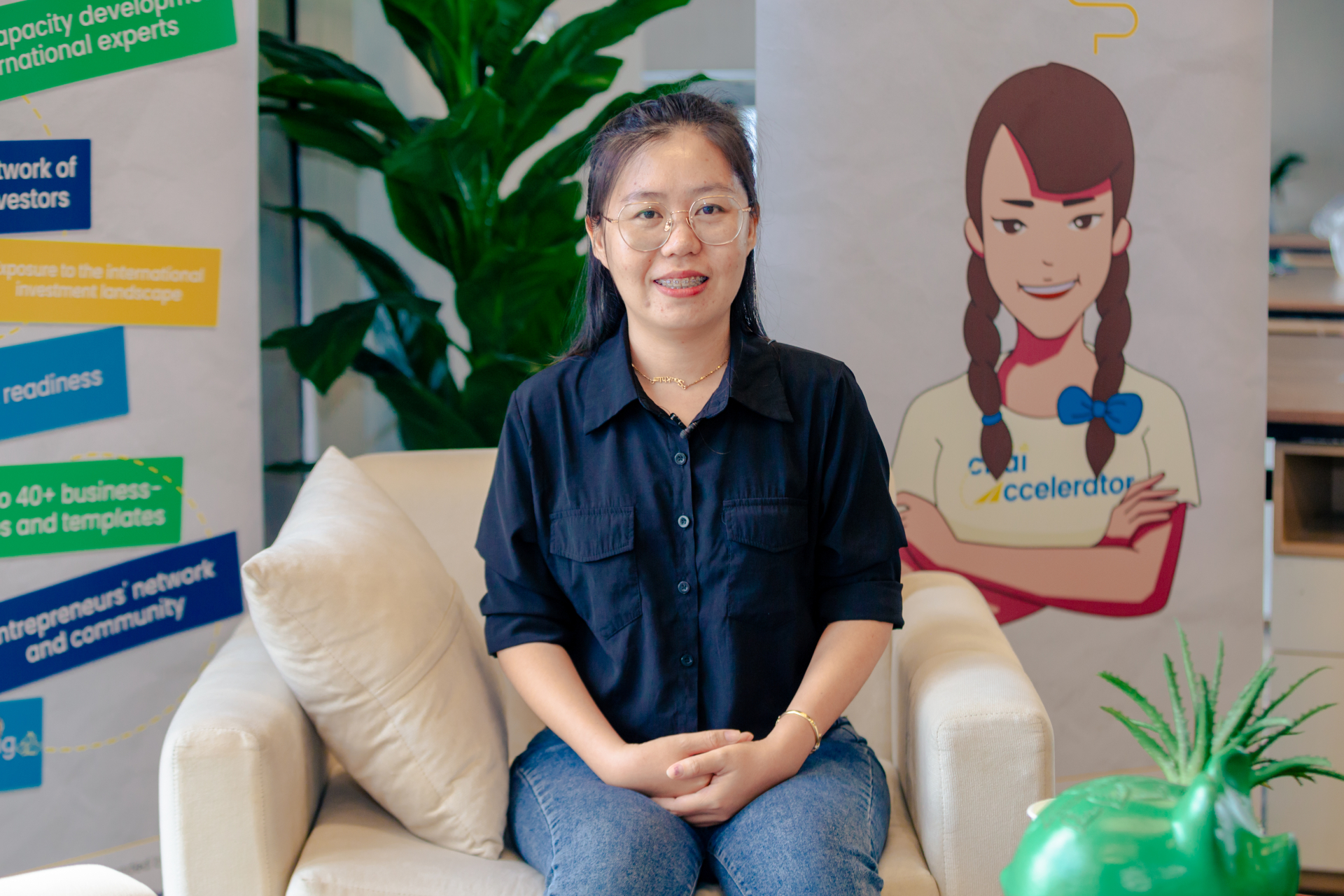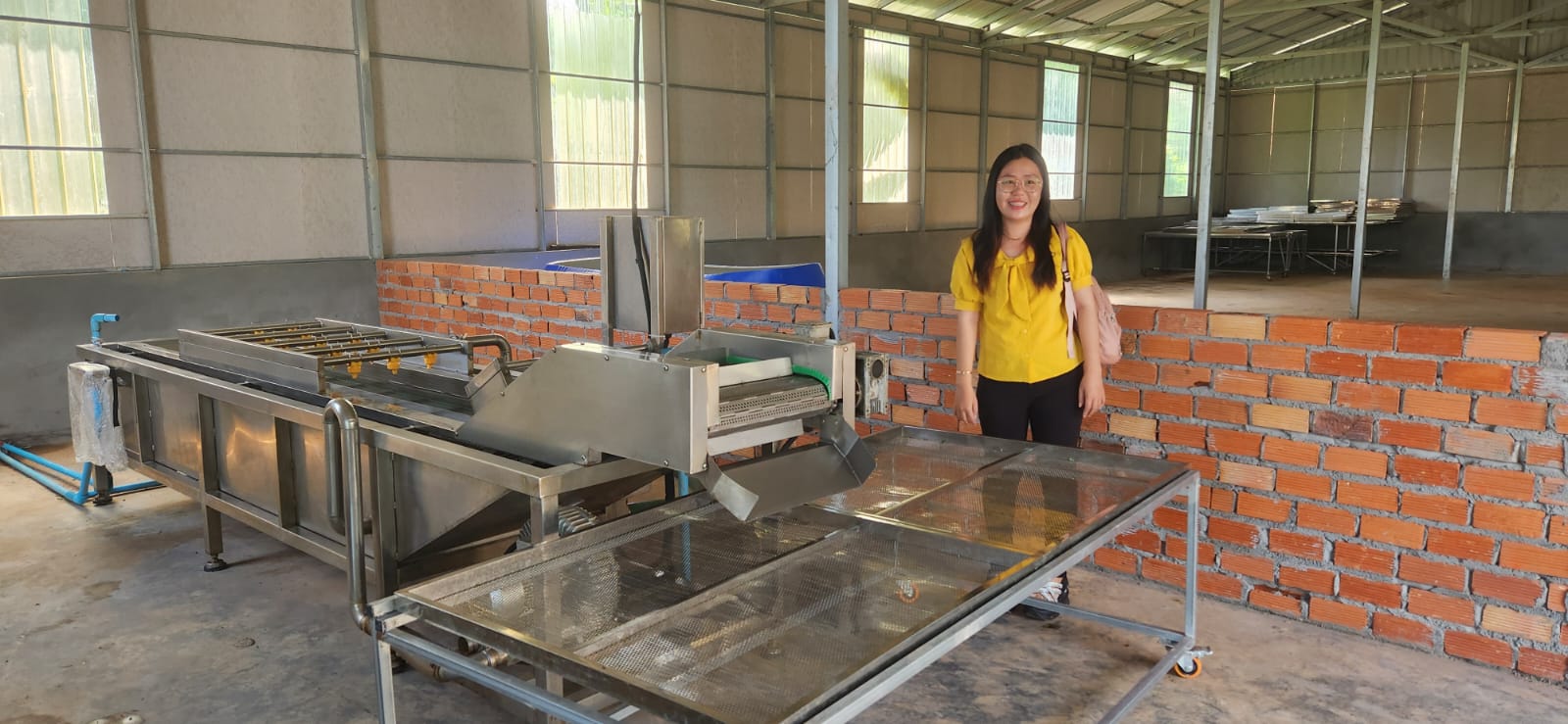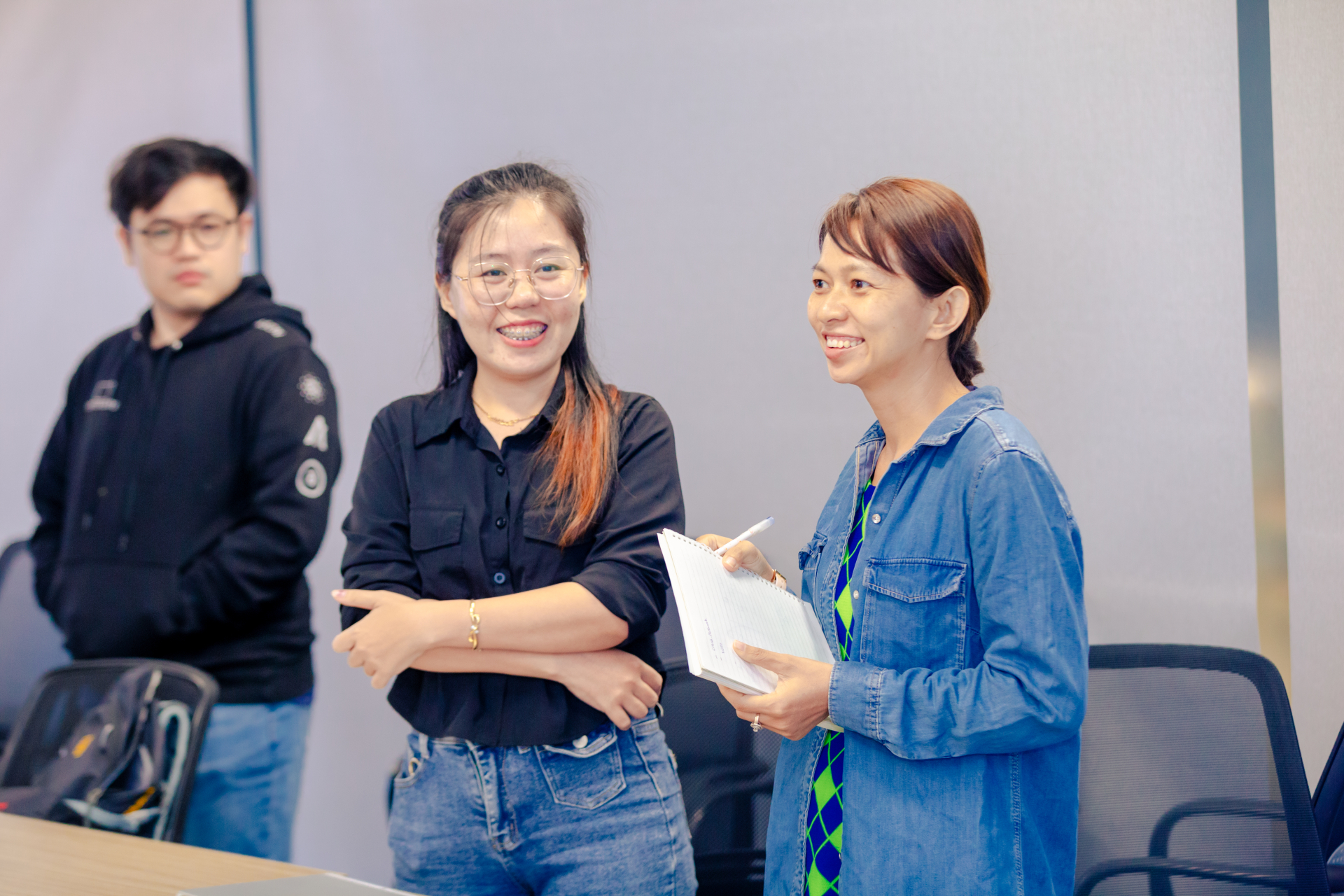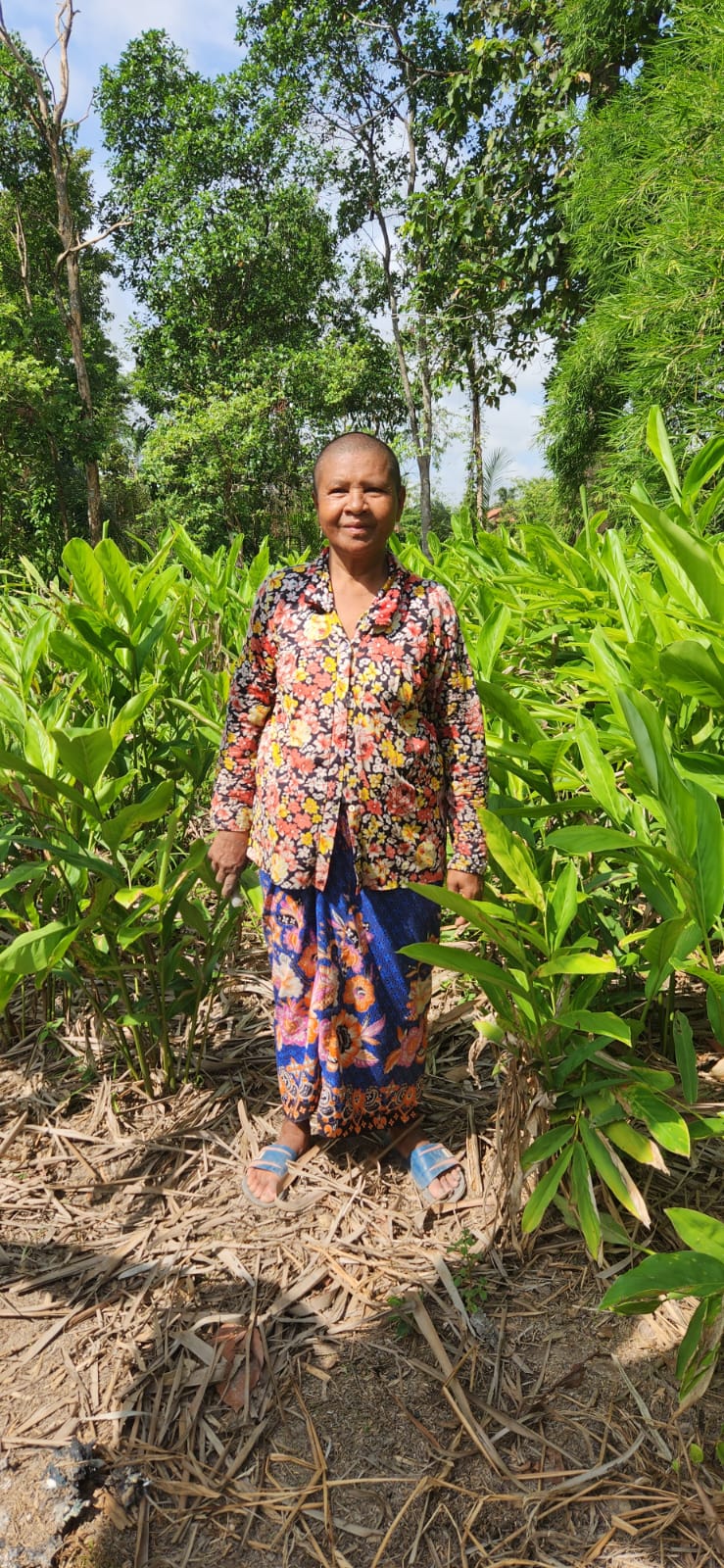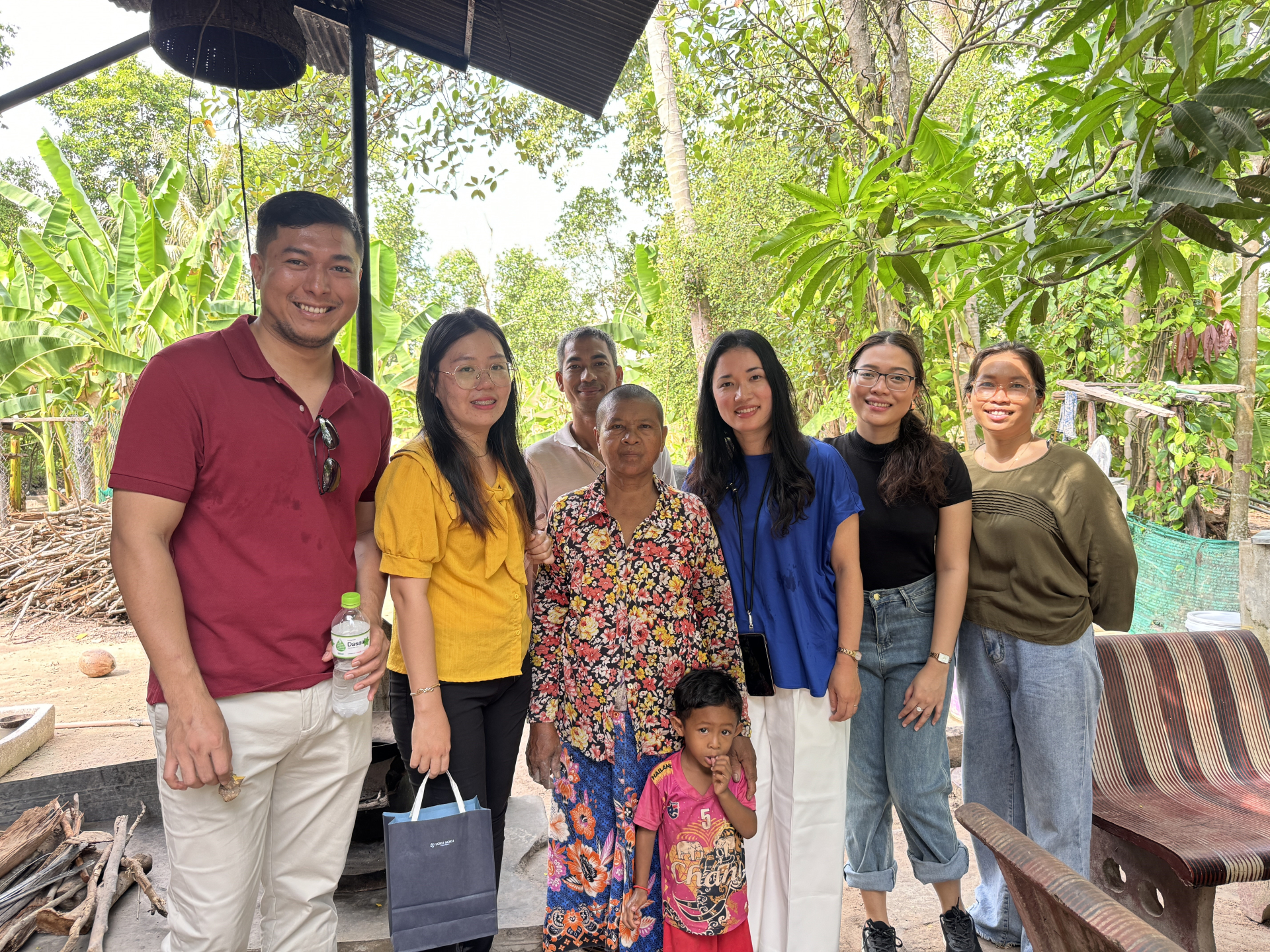Since 2022, the Sasakawa Peace Foundation has been operating the “Cnai Accelerator Program” in Cambodia. This program is modeled after the Santhit Accelerator Program, which we developed and rolled out jointly with a Myanmar-based venture capital firm, Emerging Market Entrepreneurs (EME) in 2021. Both programs incorporate the incubation curriculum of Village Capital, a globally renowned early-stage venture capital firm.
“Cnai” – meaning “innovation” in Khmer – is a program which incorporates a gender lens, and is committed to creating an equitable learning environment where female entrepreneurs can participate on equal footing with male counterparts. Each phase entails the selection of a cohort of entrepreneurs, who receive funding and guidance towards the expansion of their businesses with ongoing support being provided by program partners.
Since the end of 2023, the program has been in its second phase. We have added new partners, such as Khmer Enterprise, a Cambodian government agency, HarvestIII, a U.S. government agency, and CAPRED (Cambodia-Australia Partnership for Resilient Economic Development) to the project. Building on our existing partnership with ADB Frontier, we have through these new relationships been able to further enhance the community-building potential and strength of the overall curriculum.
We spoke with the finalist entrepreneurs of the second phase about their entrepreneurial stories, challenges, and how they contribute aim to solve social issues through their businesses.
